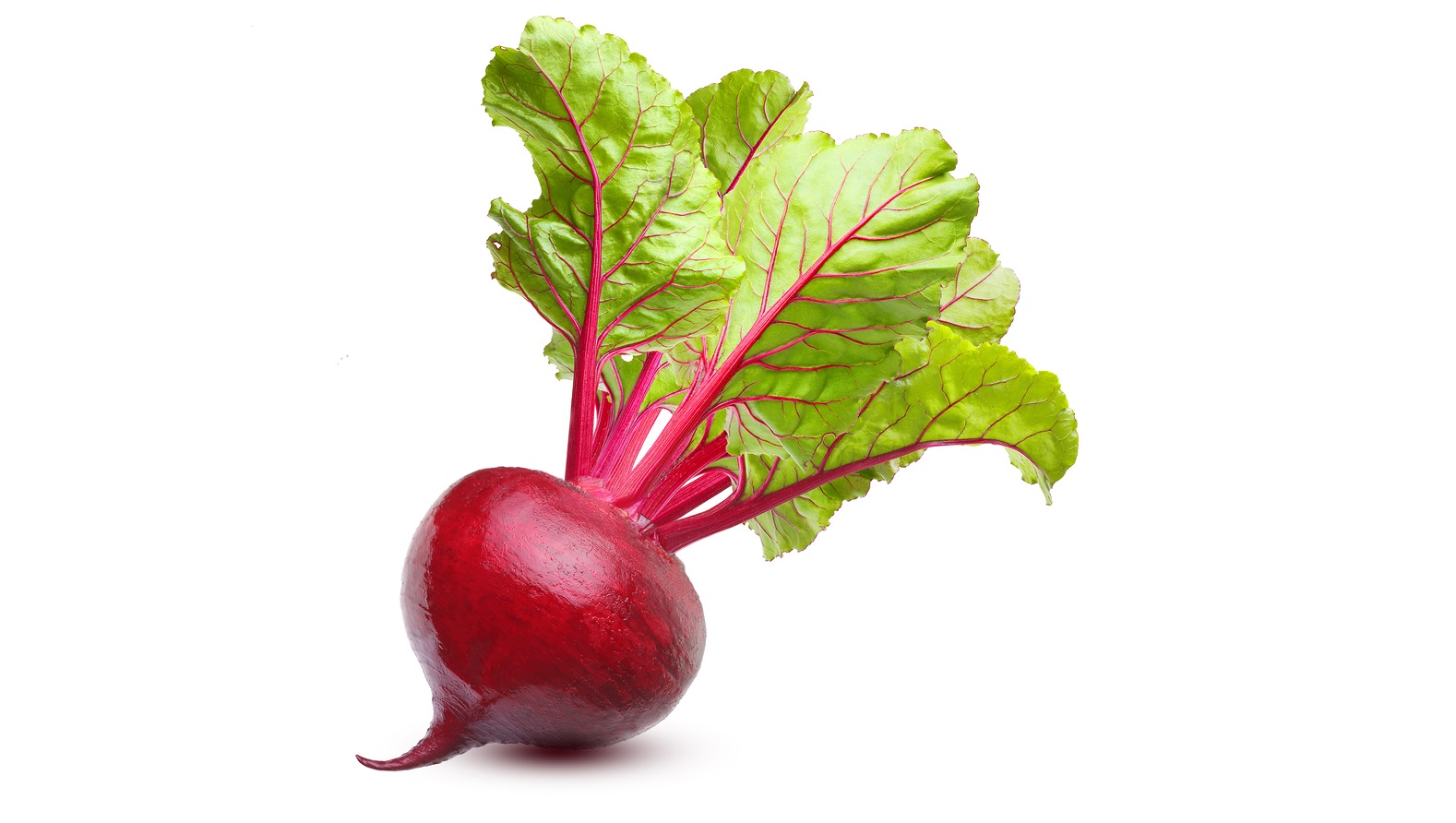
Wageningen University, a top institute based in the Netherlands when it comes to sustainability related research and studies ( and notably University of Bologna and RESD course have established multiple connections with it) has been for long enquiring about the possibility of substituting fossil fuel plastics with renewable alternatives.
But WUR has recently argued that it is high time for Europe in particular to invest in such technologies.
In fact, since from Marketing year 2017 (that is to say from September 2017) sugar quotas will be abolished in the Old Continent.
Since the very early days of the European Community, indeed there has been a strong agricultural common policy, CAP, which through a quota of production aimed at regulating the market, the competition and the support to farmers, But increasingly with the decades the orientation became a free market one, in particular with the reforms envisaged in the 90s.
Some of the later, evident results were the informal and then formal overcome of such quota when it comes to milk and later of sugar.
European Sugar
According to European Commission’s data Europe is the top producer of Beet Sugar, holding over and above the 50% of market share. In particular Northern Europe, such as UK, Poland, Finland and France have an established sector, and additionally there is a prominent sugar cane refining system.
What is true it that the main source of sugar is certainly not the beet, but the cane instead.
Europe is one of the largest importers, in this sense.
It simply means that there will be potentially tons of European sugar ready for exploitation.
Interesting Alternatives
Dr. Jacco van Haveren of WUR states “The residue from sugar beets can be used to make robust, flexible and water-tight bioplastic, which can then be used to make bottles and other products to replace oil-based PET bottles”.
The brilliant idea of using sugar beet left overs to produce bioplastics, or other products such as cosmetics and glues, has been known from many years (since 1920s), but its real applicability has been neglected because of its uncompetitive prices in comparison to the standard oil refinering system.
However, technologies have moved on and now there are plenty of business cases focusing on this new appealing opportunity.
Still biobased chemistry stands only for 7.7% of the whole market.
A successful example is NatureWorks LLC, whose CEO has stated company’s biopolymers are price competitive with oil at $30 a barrel. The production, infact, is sophisticated: it is able to carve 1 kilogram of its polylactic acid polymer out of 1.25 kilograms of plant sugar.
Another company, DOW Chemical, has instead managed to make sugar plastic as cheap as oil-derived one, by acquiring the whole production chain: it has bought the lands in Brazil, where a long-standing government support for sugarcane ethanol production (the chemical component allowing the derivation of bioplastics). By doings so, the biomass left after production are used to power the plant.
An Italian instance is Bio-on, a Bologna based firm of the young and enlighted entrepreneur Marco Astorri.
The bioplastics is produced thanks to the digestion of a “stressed out” bacteria extracted with the left overs of beet sugar, which due to a lab-generated situation produces energy storage particles, PHA, which is ultimately the bioplastics.
Bio-on, then, has industrial scale technology of production, which is patented. And this is this firm competitive advantage.
Of course it works perfectly fine with mineral water and other beverages, because they are normally microbiologically pure and the digestion wouldn’t work.
In conclusion, let’s see what the future will offer to us. We hope it will be a green and sweet autumn 🙂


